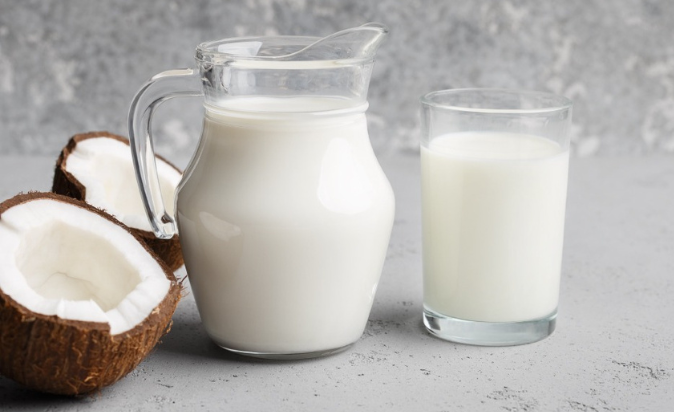Middle Eastern Lactose-Free Beverages and Dairy Substitutes
- April 8, 2023
- FMCG HORECA BUSINESS

In the food and beverage sector, there has been an increase in demand for lactose-free alternatives in recent years. Lactose, a sugar included in milk and other dairy products, may upset some people's stomaches and create other digestive problems. As a consequence, to accommodate this expanding portion of the population, restaurants and food producers are increasingly providing lactose-free alternatives to conventional dairy products.
Many restaurants and cafés are now providing lactose-free choices on their menus as a result of the hospitality sector's prompt response to this demand. These alternatives may include lactose-free dairy goods like cheese, yogurt, and ice cream as well as plant-based milks like almond, soy, or coconut milk.
La Petite Maison in Dubai is one eatery that has had great success providing lactose-free alternatives. This well-known French eatery offers a variety of lactose-free choices on its menu, such as dairy-free ice cream and sorbet as well as plant-based milk substitutes for coffee and tea.
Lactose-free solutions might appeal to consumers searching for healthier or more environmentally friendly substitutes for typical dairy products in addition to those who are lactose intolerant. For instance, plant-based milks are more ecologically friendly to manufacture than dairy milk and often have less calories and fat than dairy milk.
Overall, as more individuals become aware of their lactose sensitivity or consciously choose to avoid dairy products, the demand for lactose-free solutions in the hospitality sector is only predicted to increase. As a result, in order to satisfy this expanding part of the population, restaurants and food producers have to think about including lactose-free choices on their menus.
Finally, lactose-free choices are becoming a more significant component of the hotel sector. Restaurants and food producers must adjust to satisfy the demand as more and more consumers look for alternatives to conventional dairy products. They may serve a larger spectrum of patrons and provide healthier, more environmentally friendly, and more inclusive eating alternatives by including lactose-free items on their menus.



